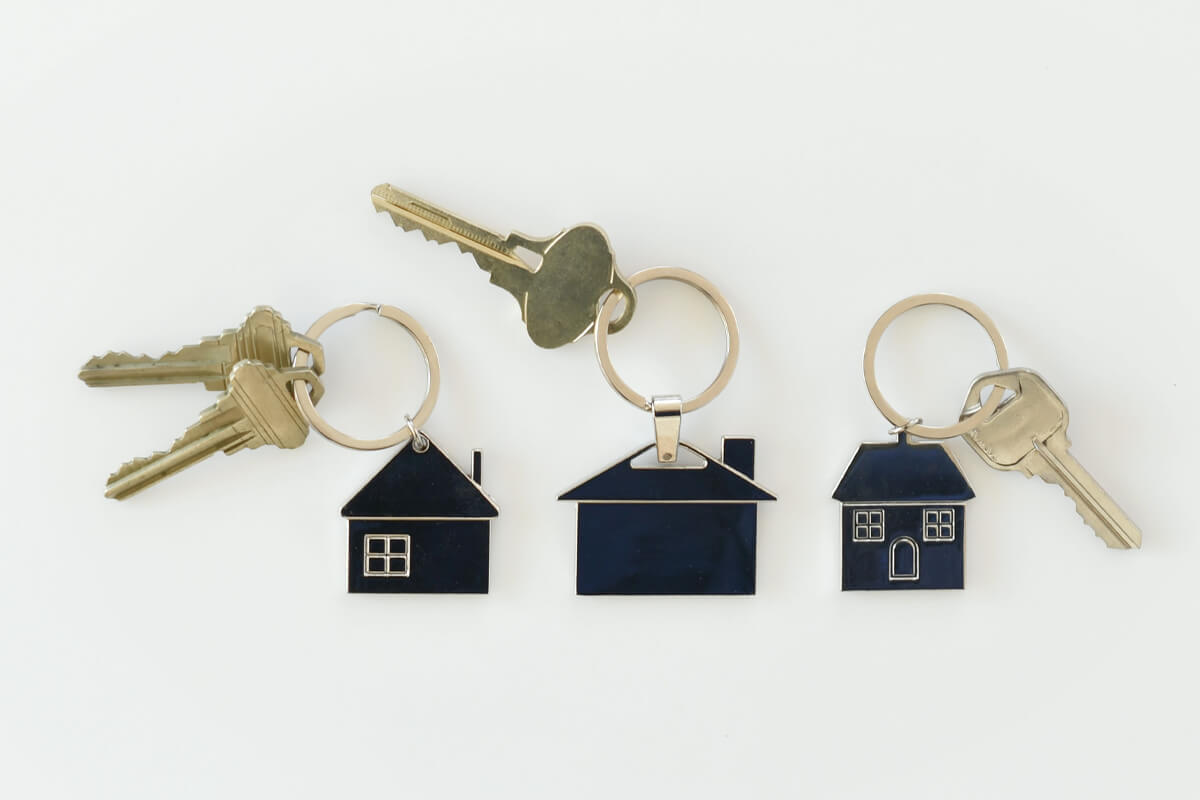The Ultimate House Viewing Checklist for Buyers
06 Jan
Please wait...
18 Apr

Photo: Courtesy of twenty20photos
In a crazy hot market where the seller has all the advantages, the home buying process can be intimidating and discouraging. However, if you enter the market with your affairs in order and your thoughts collected, you can proceed confidently and make decisions quickly, giving you the edge amidst stiff competition. "Buying a Home in a Crazy Hot Market, Part 1" discusses the importance of understanding the purchasing process ahead of time, such as knowing the real estate language. However, knowing your "why," making a list, tackling your debt, learning your credit score, getting preapproved, and having a budget are other aspects of the purchasing process that are vital to know and do before entering a competitive housing market.
Know Your "Why"
Before looking for a home, it is essential to know your "why" in purchasing. Why are you buying a home at this time? Are you searching for your dream home? Upsizing? Downsizing? Do you want to be in a better school district? Are you relocating for a job? Are you tightening your budget? Expanding your budget? Do you want to be closer to work? Do you want to live in a walking neighborhood? Knowing your "why" is the most critical first step in your home-buying process. It is why you are looking to purchase, and the details surrounding making your “why” possible are non-negotiable.
Make a List
Once you know your "why," the next step is to make a list. It is crucial to keep in mind that there is no perfect home. Danielle Hale, chief economist at Realtor.com, suggests that before beginning your home search, write down your "must-haves" and your "nice-to-haves" (cnbc.com). (Your top of the list "must-haves" should fulfill your "why.") This way, when faced with a time-critical decision, you already know what trade-offs you are willing to make (cnbc.com). You will not waste time deliberating, which could make the difference between getting the home you want and losing out to someone who responded more quickly. A prioritized list can also help guide you in a bidding war, which is easy to get carried away with in a highly competitive market (cnbc.com).
Tackle Your Debt
Mortgage lenders will look at your debt-to-income ratio, which is the amount of debt relative to your income, when determining the amount of money they are willing to lend you (cnbnc.com). It is in your best interest to pay down your debt before you start house hunting. Consider using any bonus money or cash gifts to pay it off (cnbc.com). Or tighten your monthly budget, and set aside money each month to shave off some of your debt. If you do not have debt, put that extra cash into savings to help with your down payment (cnbc.com).
Learn Your Credit Score
Your credit score plays an essential role in determining the type and size of loan you can get. It also impacts the interest rate you will receive and potentially how much money you need for a down payment (cnbc.com). Check your credit score ahead of time to know whether or not you need to make any changes or adjustments to increase that number, such as paying down a smaller credit card bill to lessen your card's credit utilization percentage. While it helps your credit score if you can lower your individual cards' credit utilization percentages, many credit experts advise that you keep your credit utilization ratio—the percentage of your total credit that you use—below 30 percent (or less) to maintain a good or excellent credit score (nerdwallet.com). Also, ask for a copy of your credit report from reporting firms such as Equifax, Experian, or TransUnion to check for any errors or unpaid bills, which may also affect your credit score.
Get Preapproved
Reach out to a mortgage lender as soon as possible, and find out what he or she needs from you to get preapproved for a mortgage loan. Having a preapproval letter in hand informs you about how much you are approved to spend and signals to the seller that you are both a serious and legitimate buyer. Mortgage lenders typically look for borrowers whose combined monthly housing and debt payments do not exceed 43 percent of their income (thebalance.com). However, it is essential to note that just because the bank approves you for a certain amount does not mean that you should spend that entire amount on a home.
Have a Budget
Analyze your monthly expenses to determine what you can afford to pay each month. A standard guideline is for your housing costs not to exceed 30 percent of your gross income. However, you need to make a realistic and comfortable plan for yourself that allows for savings, spending money, emergencies, etc. Keep in mind that until you lock in an interest rate, interest rates can rise, which will increase your monthly mortgage payments. Once you have fine-tuned your budget, stick to it. When you are in the midst of a bidding war, do not be tempted to exceed the amount you can afford. You do not want to end up house poor. Or worse, in a situation where you cannot make your monthly payments.
In Summary
Knowing your "why," making a list, tackling your debt, learning your credit score, getting preapproved, and having a budget will help you enter a crazy hot housing market cool-headed and prepared to win.
Sources:
cnbc.com
nerdwallet.com
thebalance.com